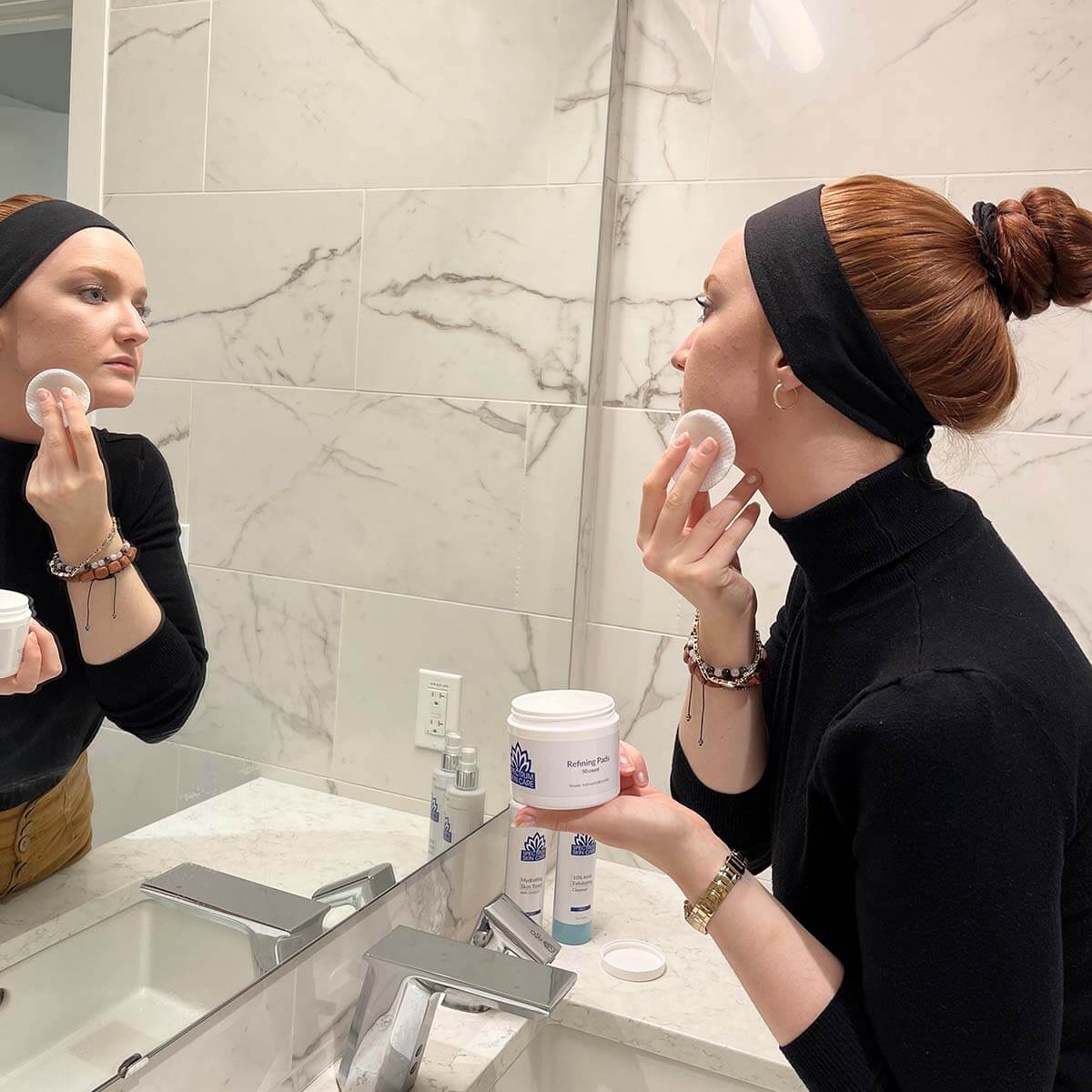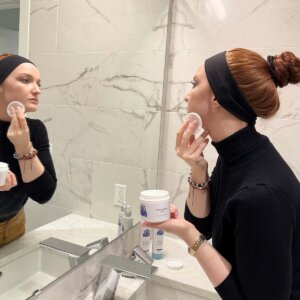
Acne is among the most common conditions dermatologists treat. It affects about 85% of Americans between the ages of 12 and 24, and for many people continues well into adulthood. Despite being common, there are a lot of misconceptions about what causes acne and how to treat it. If you have acne and aren’t having much luck treating it yourself, or you have concerns about scarring at any time, please come see us. Fortunately, there are a number of excellent, effective and safe treatment options available, and we’ll work to find a treatment plan that suits your individual needs. As experts in skin health, dermatologists are an excellent resource for treating acne. Every person is an individual, and your acne care should be customized to your specific needs and preferences.

What is acne, and what causes it? Acne is a skin condition in which dead skin and oil plugs the follicles (pores), typically on the face, chest and back. These plugs (comedones) promote the growth of a bacterium called Cutibacterium acnes, which then causes inflammation in the skin, in the form of a pimple. Acne can range from very mild, to very severe. Acne is thought to be caused by hormones, including androgens (male type hormones), insulin, and insulin-like growth factor-1. These hormones are normal in adolescents and adults, and it's often not clear why some people get acne and others don’t. Genetics, lifestyle, other medical conditions, and other factors may play a role.
Some simple lifestyle changes may improve acne for some people, and for mild acne may be all that’s required. Start by getting adequate sleep, avoiding products containing nicotine, minimizing alcohol, managing stress, avoiding dairy and high glycemic index (containing sugar or white flour) foods, and maintaining a good skin care routine. Good skin care includes cleansing with a basic, gentle facial cleanser twice daily and applying a “non-comedogenic” (this means it won’t clog pores) moisturizer, and of course sunscreen in the morning. Do not scrub or pick at your skin, and don’t use products that are overly drying, as this can worsen acne.
If these basic measures don’t resolve your acne, it may be time to consider medication. In order to determine the best treatment for you, we will ask some contextual questions so we understand more about the contributing factors to your acne (recent stressors, changes in health or medications, current skin care routine) and do an exam of the affected areas. We will ask questions about the severity of the acne, how it affects your life, and what your preferences are for how to treat it, among the appropriate options. Be sure to share your preferences with your care team, as this helps us create a treatment plan that will work best for you. Keep in mind, we can’t always determine what has caused your acne, and a cure is not always possible, but there are many treatment options, and with some persistence and patience we can help you achieve the clear skin you want.










